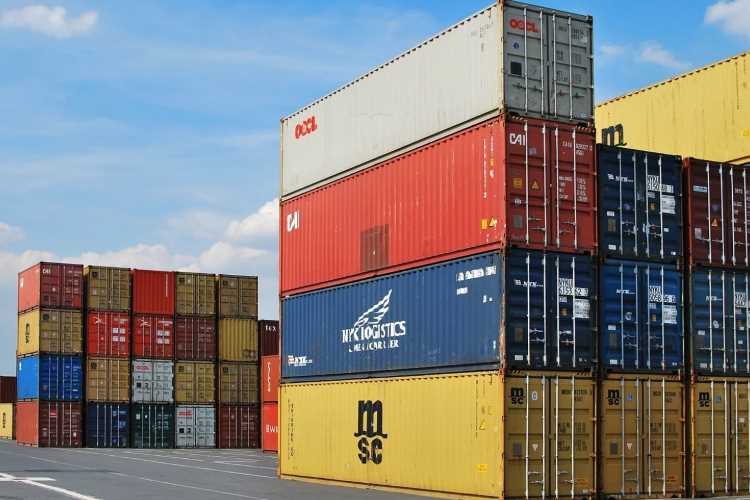India is steadfast in its implementation of proposed quality control orders, aiming to include up to 50 products such as aluminium, copper items, and household electrical appliances under strict quality norms. This decision, however, has sparked criticism, with allegations of India adopting increasingly protectionist trade practices. The government defends its stance, asserting that these measures are essential to limit the import of sub-standard goods and bolster the domestic industry. They emphasise that such steps are necessary to ensure product quality, protect human, animal, and plant health, and prevent deceptive practices. As per a DPIIT communication, products under these orders must bear the BIS mark to be produced, sold, traded, imported, or stocked.
DPIIT is currently formulating Quality Control Orders (QCO) for various products. These orders align with the WTO Agreement on Technical Barriers to Trade (TBT) for industries under its domain, aiming to curb imports of non-essential items.
READ | India Inc delays investment decisions amid uncertainty
India’s Quality control orders
Nevertheless, various countries have expressed concerns, urging India to adopt internationally accepted standards and recognise test results from ILAC-accredited foreign laboratories. Last year, countries including the United States, Canada, Taiwan, Penghu, Kinmen, and Matsu resisted India’s quality orders in sectors like toys, chemicals, ICT products, and automobile parts.
These countries advocate for India to use relevant international standards instead of national ones, like for polyethylene products and toys, to ensure alignment with global norms over time. They argue that divergence between international and Indian standards could lead to less safe products and that Indian standards might not adequately reflect societal and market needs.
This has led to a growing list of specific trade concerns (STCs), with more than a third relating to India’s quality control orders. Concerns with India account for around 13% of all STCs addressed in WTO meetings since May 2020.
India has countered by highlighting the irony in criticisms of its QCOs, noting that members like the EU, Japan, and the UK also have stringent mandatory standards. India argues that it is inspired by developed nations to establish product standards in key sectors to enhance domestic manufacturing quality and prevent sub-standard imports.
India’s stringent quality standards have led to trade disruptions in sectors like toys in the US and Canada. Indian regulations require testing of every toy import shipment and on-site sampling at manufacturing facilities, with samples shipped to India for testing. This has reportedly caused additional costs and delays in the importation process. India maintains that it has not received any applications from these countries regarding toy inspections.
In response to the STCs, India asserts its commitment to positive engagement at bilateral and multilateral levels, including continued involvement in WTO Committee discussions and bilateral talks. Countries have requested India provide clarity on how internationally accredited laboratories can gain recognition from BIS.
Exporters, certified by accredited international laboratories, have faced challenges as their test results are reportedly not accepted as proof of compliance with India’s Compulsory Registration Order (CRO) and Mandatory Testing and Certification of Telecommunications Equipment (MTCTE) scheme.
India’s push for stringent quality checks aims to reduce imports of subpar goods, particularly from China, and support local manufacturing. Already, products like toys, machinery safety gear, pressure cookers, air conditioners, and chemicals require mandatory certification. This has posed challenges for industries reliant on Chinese imports, leading to import delays. Consequently, in 2022–2023, India’s exports to China fell by approximately 28%, while imports increased by 4.16%.
Despite expectations of retaliation from China, India’s stance has also faced scrutiny from WTO members who argue that the implementation of QCOs should be justified only on grounds of national security, health, safety, or environmental protection.
The debate on the quality control orders highlights the interplay between national priorities, international obligations, and global standards. While safeguarding domestic consumers and boosting local manufacturing are legitimate concerns, navigating the delicate balance with international trade requires a nuanced approach. India’s engagement with WTO members and international stakeholders will be crucial. Transparency and clear communication regarding the rationale behind QCOs, as well as aligning Indian standards with relevant international norms, can foster trust and alleviate concerns of protectionism.
The success of India’s quality control initiative hinges on achieving a balance between ensuring product safety, fostering domestic manufacturing, and upholding its commitment to fair trade practices. By embracing collaboration and transparency, India can navigate the complex global trade landscape and pave the way for a more sustainable and equitable future for all stakeholders.

